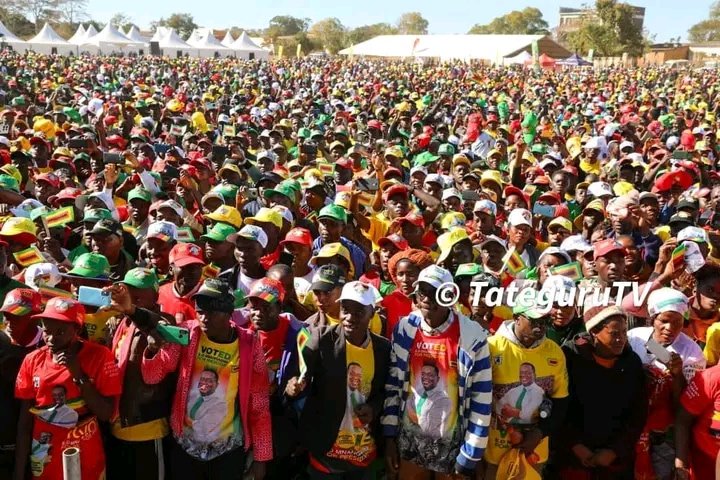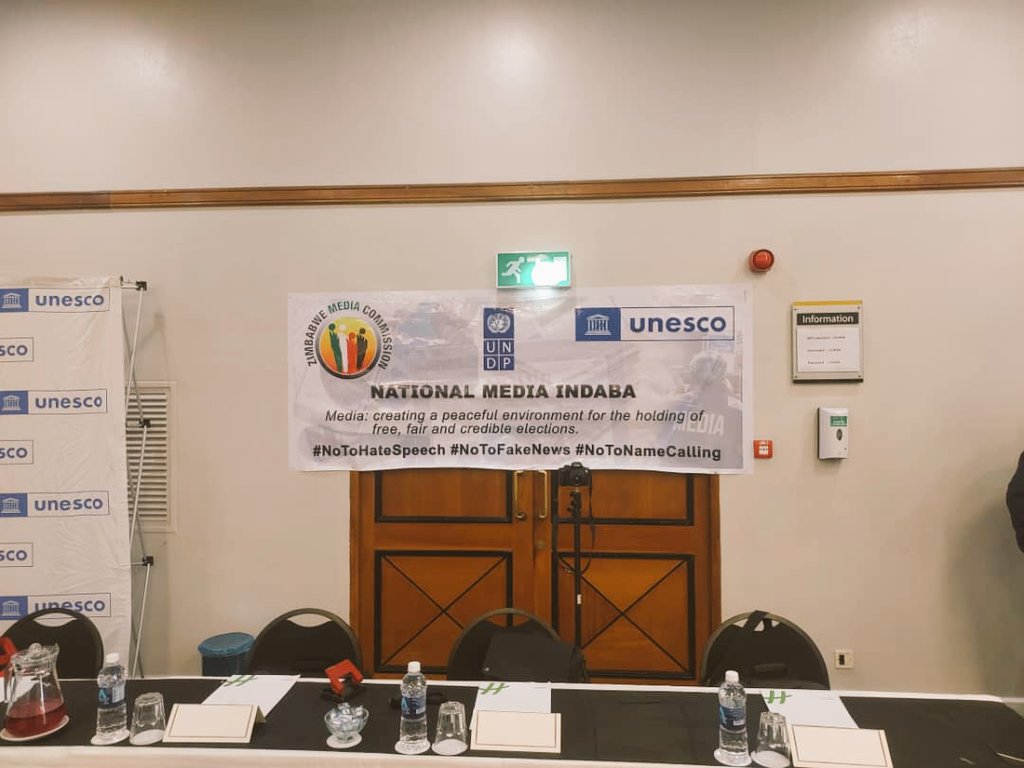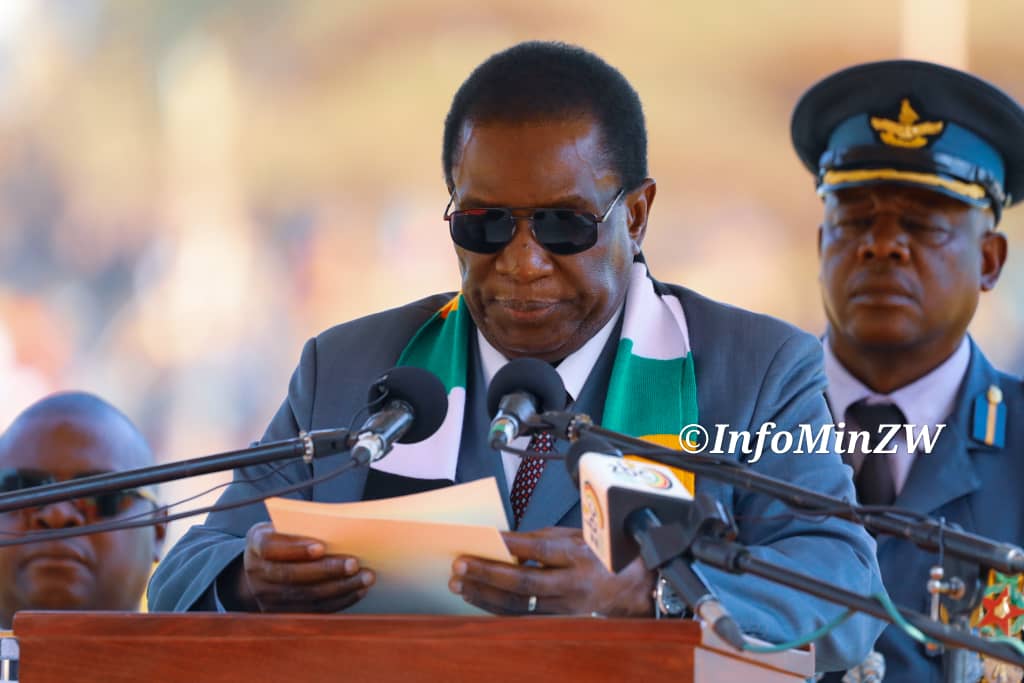Land reform irreversible – President Mnangagwa
Share

Mangunje (New Ziana) – President Emmerson Mnangagwa said on Saturday the country’s pioneering land reforms, under which excess farmland from white farmers was compulsorily acquired to resettle landless peasants to economically empower them, was irreversible under his government.
The West strongly opposed the reforms, and imposed tough economic sanctions against the country in an effort to force it to reverse course.
The sanctions, in force for more than two decades, are estimated to have cost Zimbabwe over US$100 billion in direct economic damages, and also drove millions to emigrate to various countries around the world in search of a better life.
But inspite of the difficulties caused by the sanctions, President Mnangagwa said the government will not relent and reverse the land reforms, but instead invest more in agriculture to ensure domestic food security, and generate bigger exports from the sector in the medium to long term.
“There are individuals who think that our land reform will be reversed, assuming that farms will be given back to whites. Nothing of that sort is going to happen as long as ZANU PF is still in power,” he said.
“Lets use the land we took from the oppressors, the land which we were gifted by God. Sanctions will not deter us from building our nation. Our God given resources coupled with hard work will see us grow our economy as we already are doing in the face of our enemies,” he added.
Speaking at an election rally in Mangunje, President Mnangagwa said thanks to the reforms, the country had already achieved self-sufficiency in some food categories, such as wheat, and was now looking at opening export markets for the crop.
Until last year, Zimbabwe was a net importer of wheat.
Tobacco production is another area resettled farmers have performed particularly well, achieving an all-time high output of nearly 300 million kilogrammes this year.
The crop is the country’s second biggest export after gold.
President Mnangagwa said government would also focus on other agricultural sub-sectors such as livestock with a view to developing them as well.
In this sub-sector, among other things, the government is distributing cattle, goats and chickens under various loan schemes, mainly to resettled and rural communities, to develop it.
Through such interventions, including free distribution of animal vaccines, it aims to increase the national cattle herd to more than six million from the current five million, and resume beef exports.
Overall, the government has targeted to grow the agriculture sector to an US$8 billion industry in the next few years, anchored on exports of various farm commodities.
New Ziana








